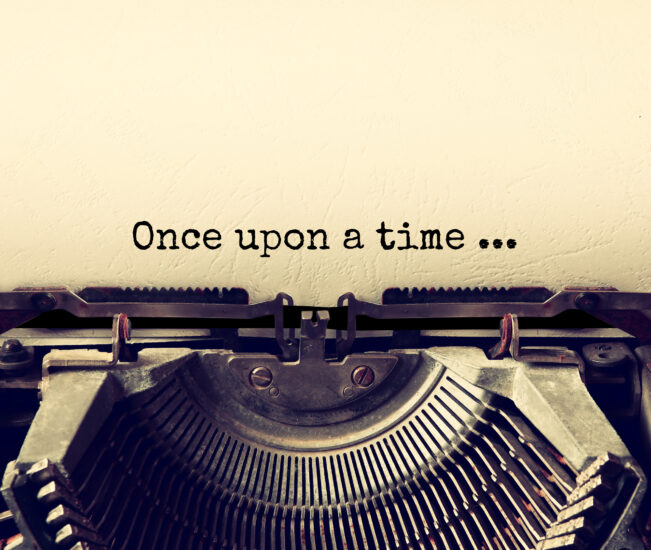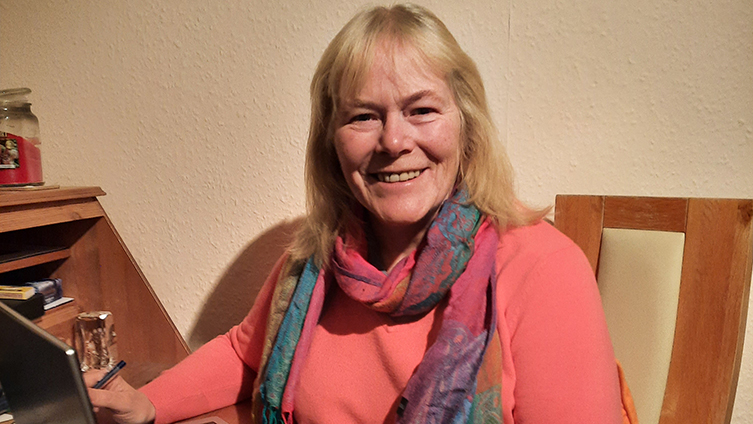
Does every short story need dialogue? I’d say yes. But why?
It enlivens the narrative. A story can seem introspective without it, with a character immersed in thought. It’s static.
But more than that; dialogue has purpose. Or, at least, it should. Note that dialogue is not merely conversation.
The purpose of dialogue is to…
Show character
Move the story on
Give information
Sound natural
Show character
This literally shows who is speaking, but also the type of person speaking.
Example:
“I want two copies of this for the file, Sarah – and no coffee stains this time, please.”
So in terms of who, we’ve got a boss, who could be male or female.
But it reveals his/her character, too: barely polite, businesslike, a bit impatient.
And this example begins to illuminate Sarah’s character, too, with that crack about the coffee stains. What character can you see building up for her?
Move the story on
Mum and her two daughters are chatting.
“Dad deserves a special birthday dinner – he hasn’t had one for years.”
“He’s worried about money since you lost your job….”
“Don’t you think I am? But I’m still determined to make sure he has a 50th he’ll never forget….”
This tells the reader a lot about this family’s recent circumstances. It sets the scene and leads into the developing story.
Give information
You have to be very careful with this. You don’t want to put huge chunks of exposition or back story in your characters’ mouths to deliver in great gobbets.
“Poor Dad is worried about money since you lost your job at the council because of the restructuring.”
A daughter wouldn’t say this to her mum, because they both already know it.
The writer could have achieved the same aim, ie informing the reader, differently.
“Poor Dad is worried about money since you lost your job.”
I’d been made redundant in the latest round of restructuring at the council.
Sound natural
The big tip here is to read your dialogue aloud. People generally speak in short sentences. But they also um and er and hesitate, so dialogue has to sound natural, but natural cleaned up.
Do your characters sound distinct from each other? Perhaps one always addresses people as m’duck, or love, or mate….
Are they talking in great monologues? Or have you lapsed into idle conversation, like….
“Nice day.”
“Yes, good to see the sun again.”
“It’s been a long winter.”
“I was just saying the same thing this morning to Bert and Mildred….”
Dialogue like this isn’t doing anything useful. It’s not showing character, moving the story on, informing the reader – though I’ll concede that it does sound natural!




